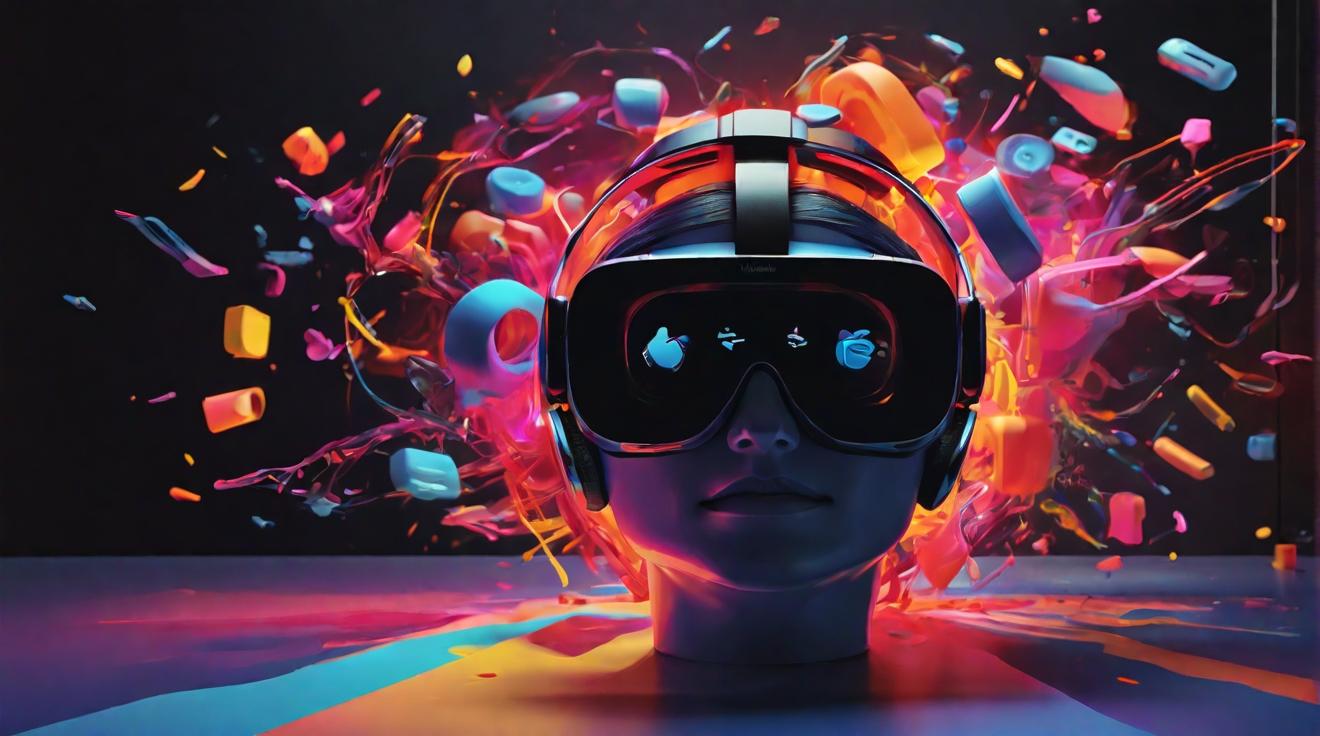Apple Vision Pro Faces Mixed Reviews Amid High Expectations
Apple has recently unveiled the Apple Vision Pro, its most anticipated innovation in years, marking the tech giant's grand entrance into the VR headset market. Despite boasting impressive hardware specs and outstanding performance, the device, priced at $3,500, has elicited mixed reactions from consumers and industry leaders alike.
Consumer Sentiments and Market Response
A wave of early adopters expressed their dissatisfaction on social media, with some users going as far as publishing lengthy critiques detailing their reasons for returning the product. Amidst expectations of a new era in spatial computing, these grievances underscore the challenges of pioneering in an emerging tech category. Despite the robust capabilities and revolutionary potential of the Vision Pro, it appears that the journey towards widespread spatial computing adoption is just beginning.
Apple's return policy, granting a 14-day window for refunds, is ticking to a close for those who queued to purchase the Vision Pro on its release day, emphasizing the urgency for dissatisfied customers to make their final decision.
Tech Leaders Weigh In
The Vision Pro has sparked a debate among prominent figures in the tech industry. OpenAI CEO, Sam Altman, lauded the device as "the second most impressive tech since the iPhone," highlighting the groundbreaking nature of Apple's latest offering. Conversely, Meta CEO Mark Zuckerberg delivered a pointed critique, asserting via an Instagram video that Meta's Quest offers superior value and performance, despite the Vision Pro's high-end market positioning.
The mixed feedback from both consumers and industry stalwarts paints a complex picture for the future of Apple's foray into VR technology. Tech innovations, particularly in nascent categories, often face uphill battles in gaining universal acclaim, as demonstrated by historical reactions to the first iterations of the iPad and Apple Watch.
Forward-Looking Implications
The lukewarm reception of the Apple Vision Pro raises important questions about the foreseeable landscape of VR technologies and Apple's role within it. As companies like Meta continue to advance their own VR offerings, competition and consumer expectations will inevitably shape the evolution of spatial computing.
For Apple, a company synonymous with innovation and market disruption, the mixed reactions to the Vision Pro present both a challenge and an opportunity. Navigating consumer skepticism and leveraging its technological prowess, Apple is poised to refine its approach to VR, potentially setting new benchmarks for the industry.
In the realms of virtual reality and tech advancements, the journey of the Apple Vision Pro is a telling chapter, reflecting the multifaceted challenges and opportunities inherent in pioneering uncharted technological territories.
Analyst comment
Positive news: Despite mixed reviews, the Apple Vision Pro is seen as an impressive innovation in the VR headset market. Apple’s return policy gives dissatisfied consumers a chance to make a final decision. Tech leaders have provided both praise and critique for the device. The lukewarm reception raises questions for Apple’s role in the VR market, but also presents an opportunity for them to refine their approach and set new benchmarks. The future evolution of spatial computing will be shaped by competition and consumer expectations. The Vision Pro reflects the challenges and opportunities of pioneering in new tech territories.













